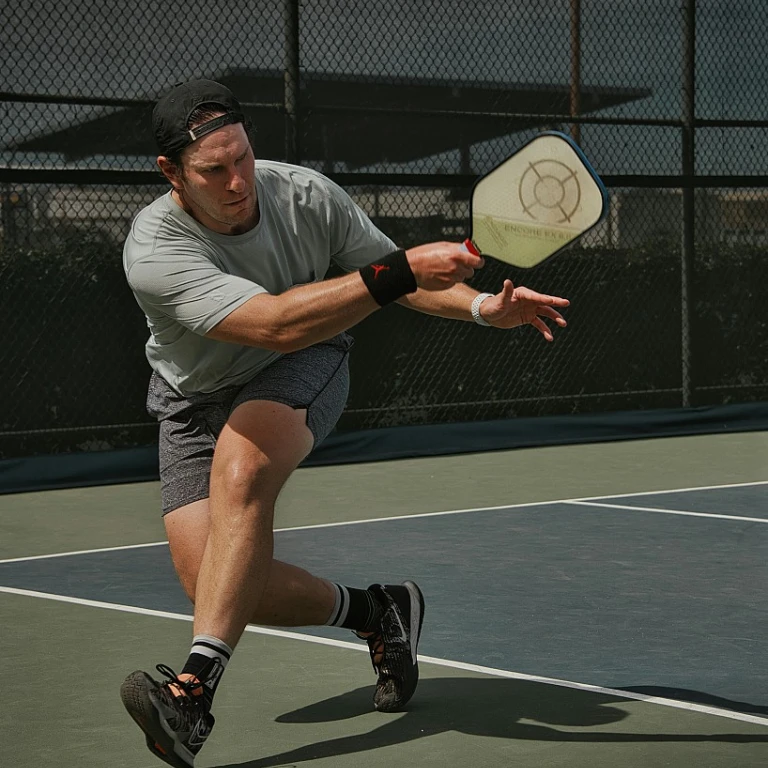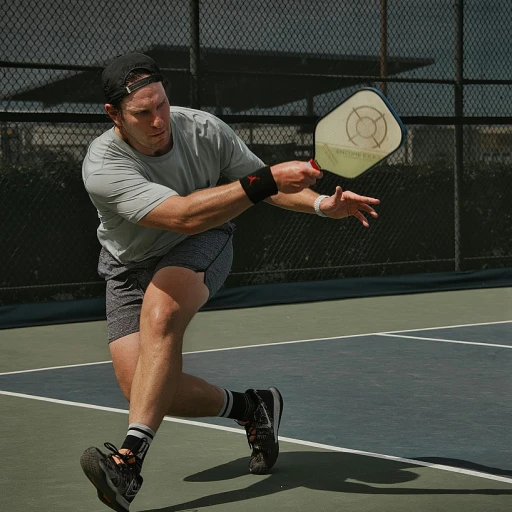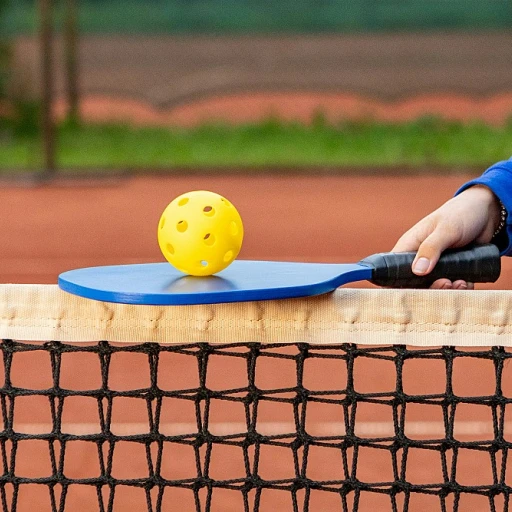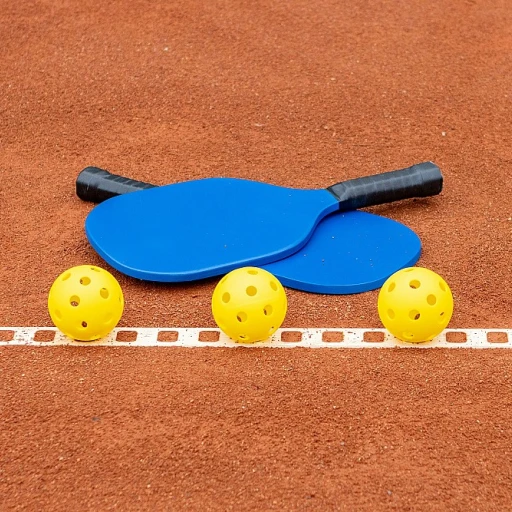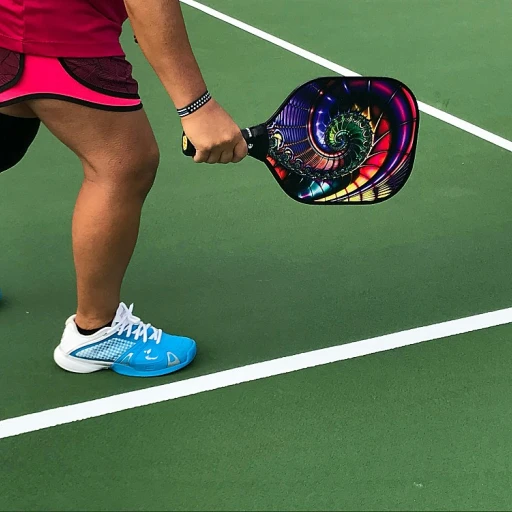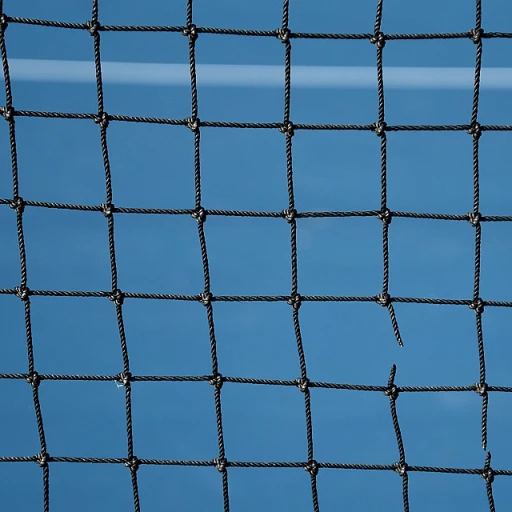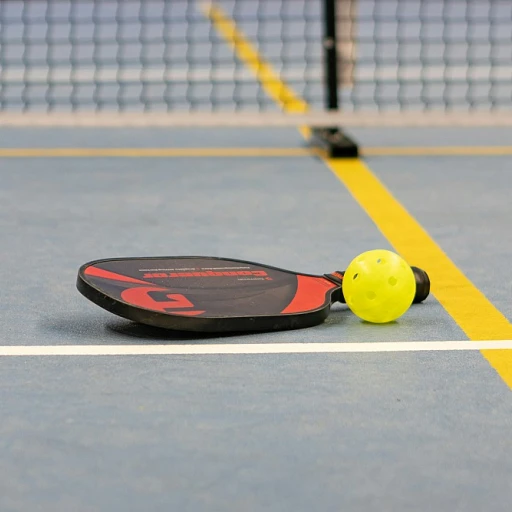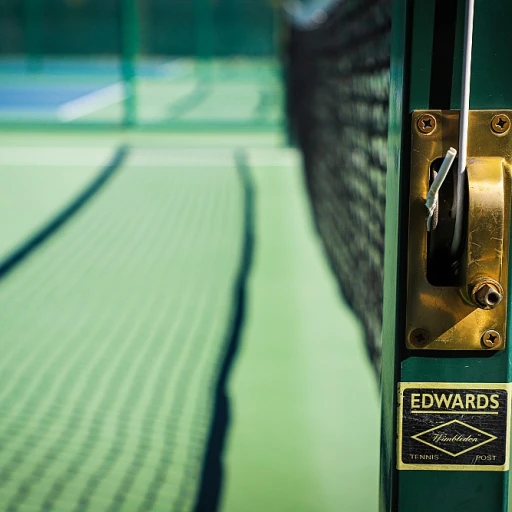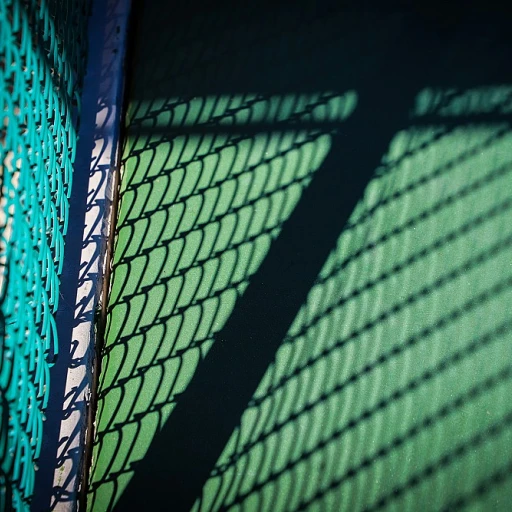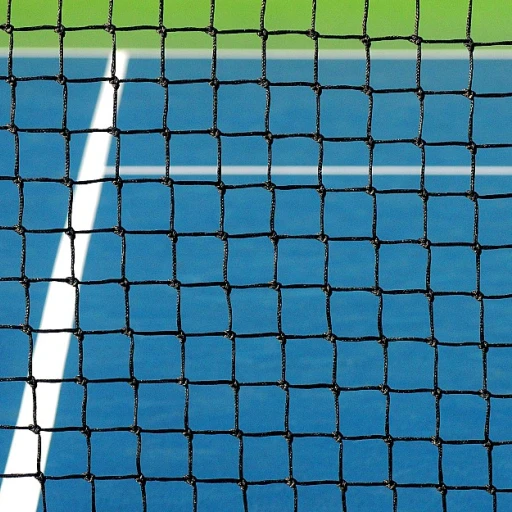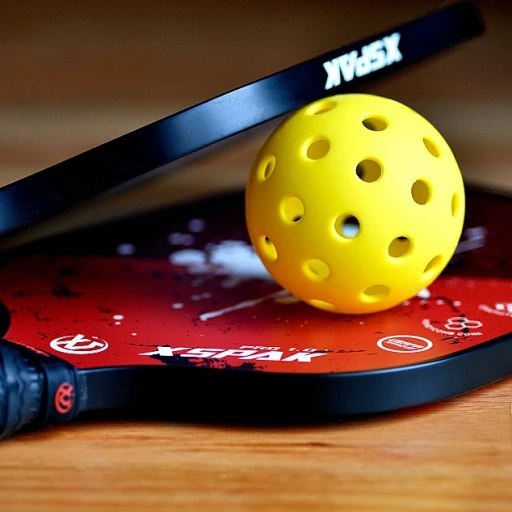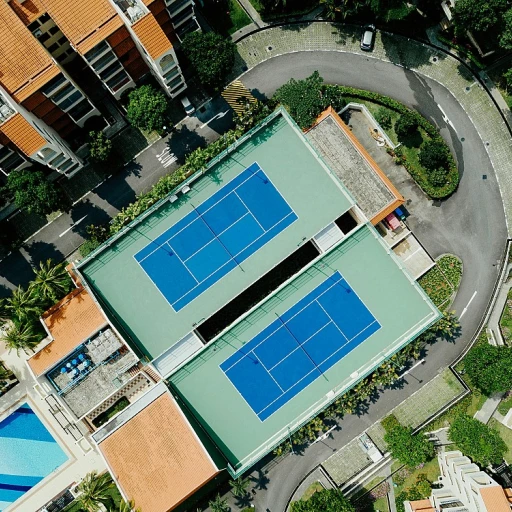
Understanding the Significance of Pickleball Medals
The Esteem of Pickleball Medals
In the competitive world of pickleball, earning a medal is more than just acquiring a piece of hardware. It represents a player's dedication, hard work, and prowess on the court. Winning pickleball medals, such as gold, silver, and bronze, elevates a player’s status within the community, often becoming a symbol of excellence and achievement in the sport. Pickleball awards come in a variety of forms, including insert medals and resin trophies, offering participants a sense of pride and accomplishment. Many tournaments provide free engraving on these awards, adding a personal touch that commemorates the specific achievement or series. Custom pickleball medals, complete with a variety of designs and colors, ensure that each award is as unique as the accomplishment it celebrates. While some players are drawn to the sport for leisure or fitness, the allure of competing and winning cannot be overlooked. Competitions often feature a series of categories tailored to skill levels, allowing newcomers and veterans alike to vie for those coveted honors. Details such as the free neck ribbon, custom plaque inserts, and dog tags increase the quality and sentiment of each trophy. Winning a pickleball medal not only highlights a player’s competitive success but also often serves as a motivating factor to advance further in the sport. Players often share their stories of victory, inspiring new competitors to aim for medal pickleball success themselves. Want to find the right mentor to guide you on this journey? Consider finding the best local pickleball coaches to help hone those necessary skills and strategies. As aspiring players embark on their journey to collect these tangible symbols of achievement, the influence of medals in pickleball becomes clear. They stand as a testament to the player’s journey towards excellence, reflecting persistence, skill, and dedication on the court.Key Skills Required to Win Pickleball Medals
Essential Techniques for Medaling in Pickleball
Aspiring to earn a medal in pickleball is no small feat and involves honing a diverse set of skills. A strong foundation in these areas is crucial to rising as a star player and bringing home awards and medals. Let’s delve into the key skills pivotal to success on the court.- Serving and Volleys: Mastering a powerful and precise serve can give you an advantage, making it harder for opponents to return the ball. Additionally, effective volleying skills ensure sustained rallies and create scoring opportunities.
- Footwork and Agility: Pickleball demands quick and strategic movement. Improving your footwork helps you reach the ball more efficiently, while agility aids in responding abruptly to opponents’ hits.
- Strategic Shot Placement: Not all shots are created equal. A well-placed shot can dictate the pace and direction of the game. Practicing how to place shots close to the sidelines or just over the net can unsettle your opponents.
- Consistency and Control: Consistency in gameplay builds reliability, while maintaining control over every hit helps in avoiding unforced errors.
Training Regimens for Aspiring Medalists
Building a Solid Pickleball Foundation
To secure pickleball medals and achieve acclaim, aspiring players must adopt rigorous training regimens that focus on fundamental skills and techniques. Developing a comprehensive training plan ensures that players are well-prepared to face the challenges of competitive play and strive for those coveted awards.
Physical Conditioning and Skill Development
- Cardiovascular Fitness: Improving cardiovascular endurance is crucial for lasting through long matches and maintaining high performance. Incorporate running, cycling, or swimming into your routine.
- Strength Training: Building muscle strength improves the power behind your shots and increases agility on the court.
- Skill Practice: Regular practice sessions focusing on serves, volleys, and dinks sharpen your game. Utilize drills to master these skills.
- Pickleball Drills: Engaging in pickleball-specific drills boosts proficiency in critical areas such as quick footwork and accurate shot placement.
Assembling the Right Equipment
Selecting the right equipment is vital to success on the court. Consider factors such as paddle weight and grip, which play a significant role in your comfort and performance. Investing in high-quality gear can be worth the medal price for achieving top-tier results.
Recovery and Prevention Strategies
- Stretching Routine: Implement a dynamic stretching routine pre-game and a static one post-game to prevent injuries.
- Rest Days: Schedule rest days to allow your body to recover and reduce the risk of burnout or fatigue.
- Nutrition and Hydration: A balanced diet and proper hydration are essential to maintaining performance levels during practice and tournaments.
Training is the foundation, but implementing strategies, building mental toughness, and learning from experienced players can pave the path to success and achieving those precious pickleball awards. Whether it’s securing a gold silver, silver bronze, or other accolade, dedicated training is integral to wearing a free neck ribbon with pride.
Strategies for Success in Pickleball Tournaments
Formulating Effective Game Plans
Crafting a successful game strategy is crucial for pickleball tournaments. Focus on understanding your strengths and weaknesses as well as those of your opponents. A thorough analysis can help you design a strategy that leverages your strong points while mitigating potential risks.
Communicating with Your Partner
In doubles play, seamless communication with your partner is key. Discuss your game plan before the match and continue to communicate during play. Knowing each other's preferred positions and moves helps create synchronicity, enhancing your defensive and offensive stances.
Adapting to Different Playing Conditions
Tournament environments can vary greatly, from pickleball court surfaces to weather conditions. Being adaptable ensures you maintain performance levels regardless of the setting. Consider training in varied environments to build resilience.
- Select appropriate gear, such as custom pickleball paddles or shoes, to improve your performance.
- Practice tactical flexibility with a range of strategies to handle different scenarios effectively.
The Importance of Analyzing Past Performances
Analyzing previous matches is integral to optimizing your pickleball strategy. Reflecting on your tournament play can highlight areas for improvement and reinforce strategies that yielded positive results. Make it a habit to review game footage, if available, and scrutinize every play to tailor your tactics better for future matches.
As a final note, while physical preparation is essential, never underestimate the impact of mental toughness. Cultivating a strong mental attitude is as vital as any other skill on your journey to earning those coveted medals, trophies, and awards.
The Role of Mental Toughness in Achieving Pickleball Success
Harnessing Mental Fortitude For Competitive Edge
In the pursuit of pickleball medals, understanding the critical role of mental toughness can be the difference between simply participating in a tournament and actually seizing that coveted pickleball trophy. As with many sports, your mental game can either propel you forward or hold you back, making it an essential component of any athlete's toolkit.
Competing in pickleball tournaments garners various rewards, from personalized insert medals to prized gold silver and bronze awards. To effectively achieve these accolades, athletes must cultivate a robust mental framework that supports their physical prowess on the court.
Key to this mental conditioning is maintaining focus under pressure. The fast-paced nature of pickleball—like handling a resin trophy in a playful English garden setting—requires players to have a laser-like concentration, honing in on their strategies even as excitement and tension run high.
Furthermore, resilience is paramount. The ability to bounce back from a lost point or a tough match is what differentiates true medalists. Instead of viewing setbacks as failures, top athletes see them as opportunities for growth and mental fortitude development. This mindset aids in bouncing back stronger, an attitude often symbolized by custom pickleball medals they earn.
Emotional regulation is equally critical. Successfully navigating the emotional rollercoaster of tournament play, where stakes could include anything from a free neck ribbon to intricately engraved plaques, requires an unshakeable equilibrium.
Embrace visualization techniques to pre-emptively prepare for the high-stakes environments of competitive play. Imagine yourself on the podium, the weight of the resin trophies resting in your hands—a tangible representation of dreams realized through mental strength.

